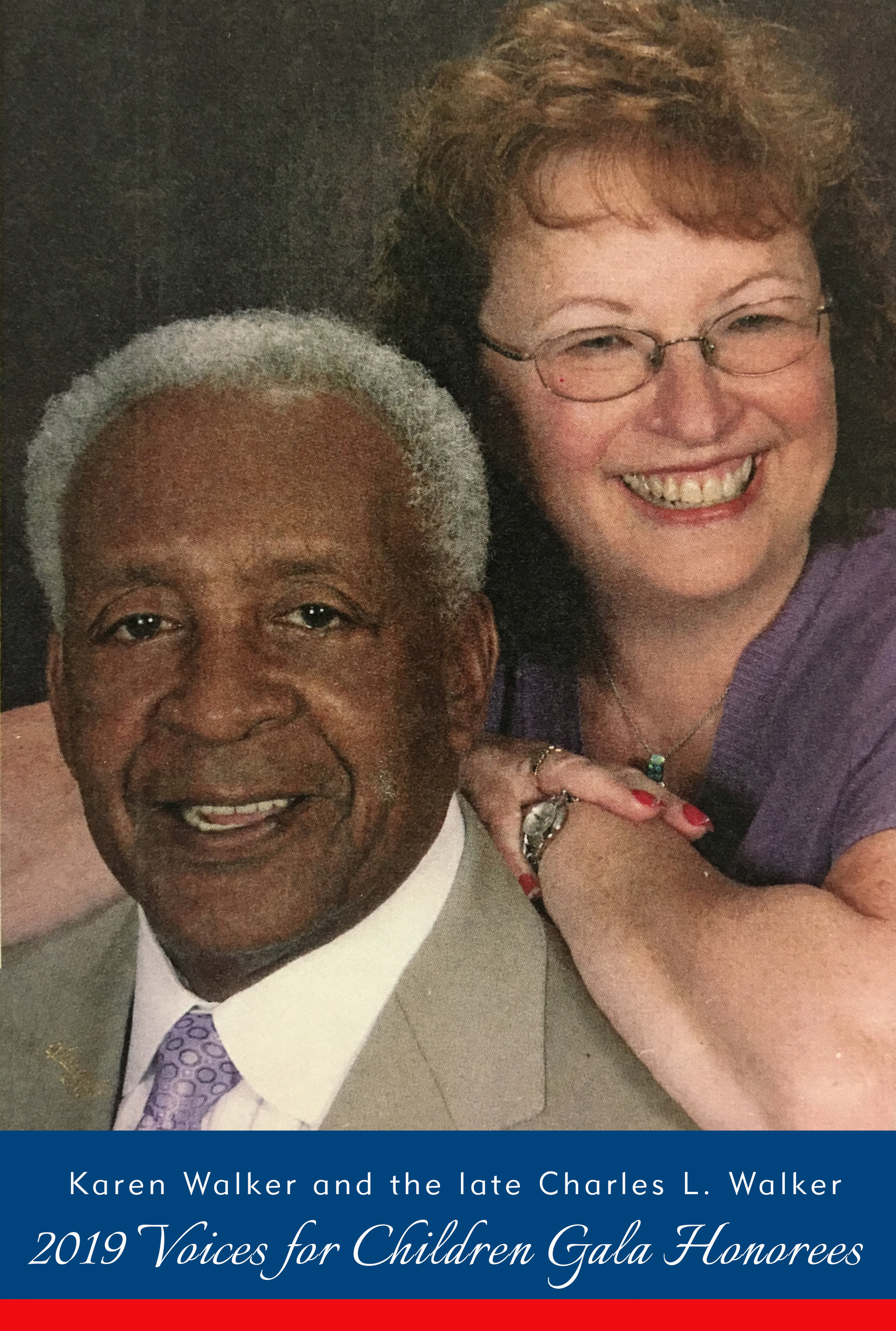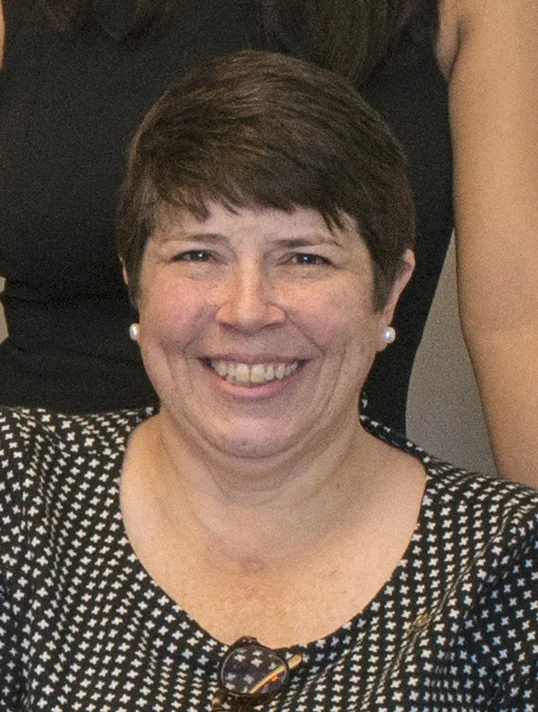By Laura Warne
Communications Coordinator
Karen and Charles Walker hadn’t even been on their first official date when the topic of foster care came up. Even as young adults, both knew that one day, they would become foster parents and/or adopt.
“There were enough children on this earth who needed a home,” Ms. Walker, a Paterson resident, recently said.
What Karen and Charles didn’t know then was that it would become their collective mission to help children in foster care. Throughout their nearly 49-year marriage, Karen and Charles adopted four children and were foster parents to 26 children, while Charles acted as a Court-Appointed Special Advocate for nine additional children.
This dynamic couple will be honored for their lifelong dedication to children in foster care at Passaic County Court Appointed Special Advocates Voices for Children Gala on Friday Sept. 20, 2019 at Preakness Hills Country Club in Wayne.
In 2012, Karen and Charles were attending a service at Madison Avenue Christian Church when Erica Fischer-Kaslander, Passaic County CASA’s Executive Director, spoke about the program. Charles immediately knew that he needed to get involved. He leaned over to Karen and whispered, "I want to do that."
Charles went on to serve as a Court Appointed Special Advocate volunteer for five years, until illness prevented him from continuing. Charles passed away at the age of 79 last September.
During his tenure, Gina Cetta, Passaic County CASA’s Program Director, served as his volunteer supervisor.
“Charles was one of the most effective advocates I have ever worked with,” Cetta said. “Everyone listened to him: the children, foster parents, caseworkers, attorneys, and judges.”
The children especially took a liking to Charles’ friendly yet supportive manner.
When one of the children on his case began acting out in class, Charles started going to the school and sitting in the classroom several times a week. The child calmed down when Charles was there; his mere presence brought the child ease.
“He put a smile on everyone's face,” Cetta said.
During the same case, it was recommended that the child be put on medication due to behavioral issues. However, the child’s biological mother would not consent to the treatment. Charles requested a letter from the school, describing the child’s behaviors. He provided the letter to the judge, who ordered the medication for the child. It was Charles’ persistence that gave the child a chance at a solid education.
The issue of foster care was always close to Charles’ heart. His mother died when Charles was 3 years old, and from that moment on, Charles split time between family in New Jersey and family in Virginia. Karen, on the other hand, grew up in Michigan as one of seven children. Years later, her parents would add to the family by adopting three more children.
Karen and Charles met in Paterson. It was the summer of 1968 and Karen was helping with a program called Summer Workshop in Missions, or SWIM, at Paterson’s Northside Chapel. It was there that she met Charles, who was the youth leader at the church.
The two became very good friends that summer, but only friends—partly because SWIM had a no dating rule, and partly because each of them had a significant other.
When autumn rolled around and SWIM ended, Karen opted to stay involved at the church and help with their fall programming. Charles invited Karen to see Nina Simone at a nightclub in New York City later that week. Though the pair had spent a lot of time together over the summer, their hangouts had always been spur of the moment; never planned ahead of time. She recalls asking Charles a very important question.
“Is this a date?” Karen said.
“Hey, if that’s what you want to call it…” Charles answered.
The couple married in 1970 and quickly started the process to become foster and adoptive parents. They focused their efforts on housing unwed mothers and their infants; part of Karen’s role was to teach parenting skills to the mothers.
Karen recalled one evening when she received a call from a child welfare worker who asked if the couple could provide a home for two siblings: a four year old and an eight year old.
Karen called Charles at work to confer about the children, but he had already started his commute home from New York City. This was before cell phones, so all she could do was wait. The caseworker kept calling, and Karen just kept reiterating that she had to speak with her husband first. When Charles finally got home, and Karen told him about the two children, Charles looked around the house and exclaimed, “Well, where are they?!”
“Whatever he was involved in, he did wholeheartedly,” Karen said about Charles.
Cetta echoed Karen’s sentiment about Charles’ dedication.
“He never missed a court hearing or a monthly visit with his CASA children,” Cetta said.
Even when two of his assigned children moved 90 miles away to Pennsylvania, Charles drove out every month to visit with them. Charles also coordinated with the staff at the children’s new school to ensure necessary services were put in place.
Though Karen hasn’t served as a Court Appointed Special Advocate, she is a tireless advocate for children in her own right. As a nurse, Karen has always made sure that her foster children received the best possible medical care.
Charles and Karen didn’t let their advocacy stop with their formal roles as foster, adoptive parents and a CASA volunteer. CASA Executive Director Erica Fischer-Kaslander recalls how frequently she’s entered a community meeting or event only to sit down at a table with Karen Walker or have Charles listed as a board member.
“One day Charles showed up at the office and told me he had ideas. So I listened and learned. I still apply those ideas today to our marketing strategy. He regarding his role as an advocate holistically, not only for the child he was assigned to, but for our organization as a whole. Every time he walked into my office I knew there was advice to be shared, and important advice. He has given me some of my soundest management tools I have. Karen and Charles are one of the best gifts the child welfare system could ever have been gifted.”






